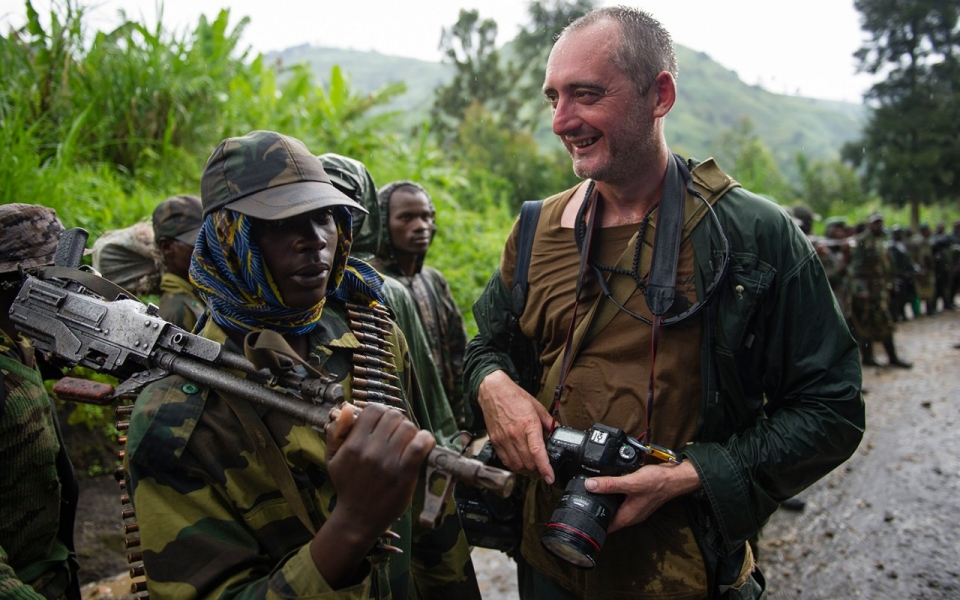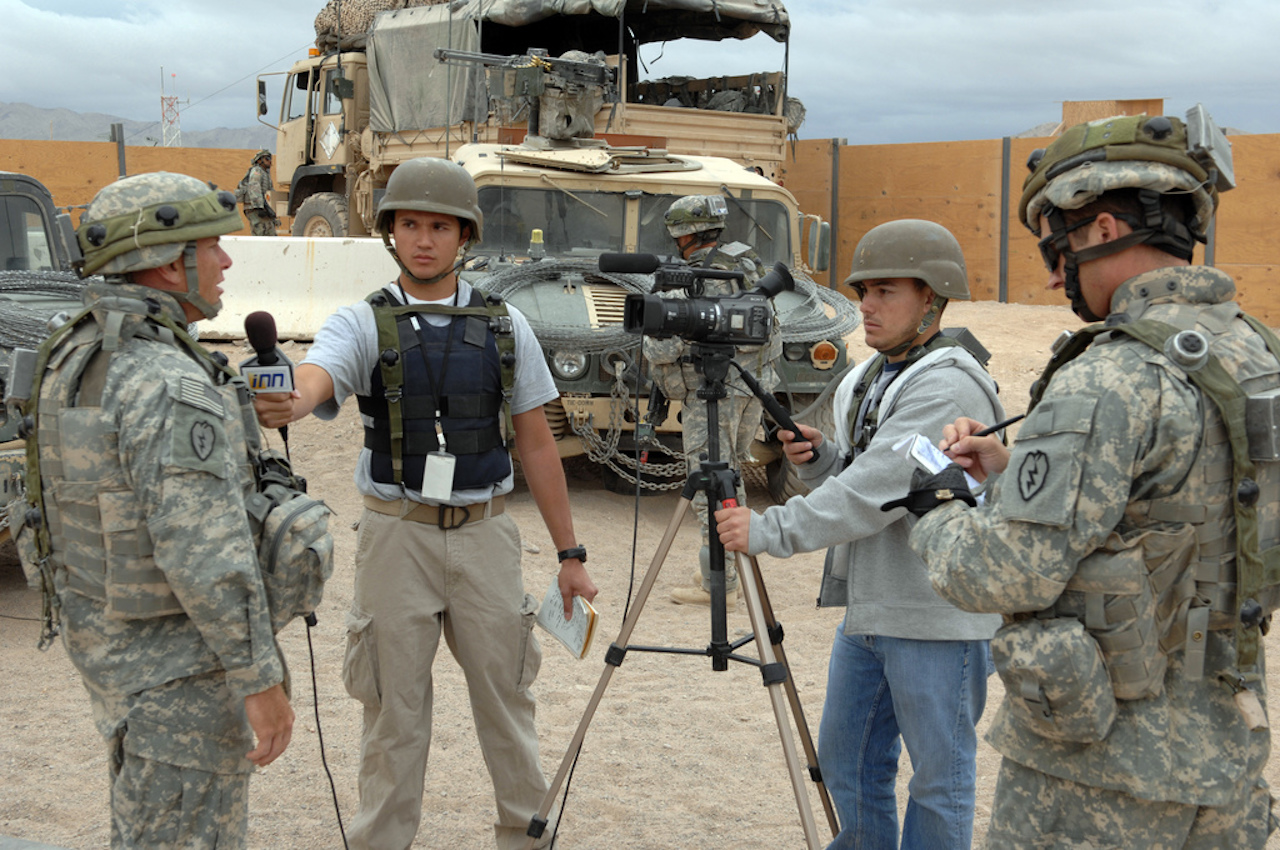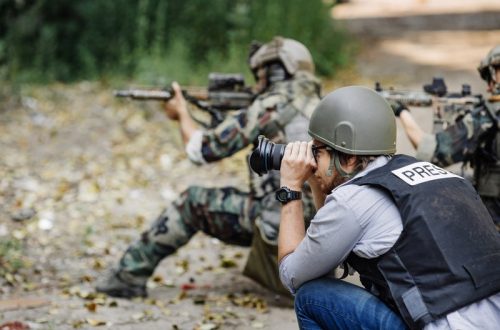
What Journalists Face in War-Torn Countries Every Day
Scarcity Of Basic Needs And Amenities
A war-torn country effectively grinds to a halt in terms of economic and social activities that are crucial to the country’s sustainability. There is a biting scarcity in the supply of basic requirements such as food, water, and electricity. These are typically the most affected sectors in a conflict zone and could cause adverse damage to society in the long run.
A journalist in a war-torn country facing a shortage of basic amenities is at risk of failing to deliver on their assigned tasks as well as facing extreme risk against their well-being.
Alienation
Most journalists across the world have faced the challenge of alienation at least several times during their careers. This is especially challenging in war-torn countries as the possibility of being held responsible for the consequences of conflict by either of the involved parties is extremely high. For instance, a government might hold a journalist responsible for spreading negative information regarding their chosen engagements during a particular conflict.
Suppose an involved party associates a journalist with bias or favoritism against another involved party. In that case, consumers of information provided by that particular journalist might create a negative perception and alienate the journalist. This has been witnessed on numerous occasions around the world, where journalists have been forced into exile or hiding due to being accused of peddling false information.
Consequences
Journalism is a powerful tool in society and is relied upon by civilians and those in power to pass information or make particular information available to the public. Once this process is impeded or interfered with in any way, there are consequences that can be felt throughout the entire community.
In a war-torn country, there have been notable consequences as a result of the challenges facing journalists. These consequences have been experienced both by the general public and the institutions in power. The heaviest burden has, however, been shouldered by the journalist on assignment. These are some of the consequences of the dangers of being a journalist in a war-torn country;
Distortion Of Information
Information released to the public might be subjected to distortion in a war-torn country as the risk of non-conformity to controlled information might be too high. Governments and institutions in power have been witnessed to interfere with journalism with the aim of controlling the nature of information being released to the public
Journalists are, at times, subjected to harsh alienated conditions as a result of the information they have publicized. War-torn countries consist of conflicting sides that ultimately end up in the separation of significant populations. This has a high possibility of alienating involved journalists from either side.
Fatalities And Criminal Acts
There have been adverse effects of journalism in war-torn countries. There have been extreme criminal acts, including kidnappings, torture, and killings, as a result of the work of journalism. This is a direct result of attempts to manipulate the nature of information being made public. Journalists in war-torn countries are being faced with constant threats to their lives and those of their loved ones and have been forced to take extreme measures to ensure their safety while on duty.
Oppression Of Journalists
Journalists in war-torn countries face overwhelming oppression stemming from an imminent threat of a much worse fate. Not being able to freely work or carry out assigned duties is a common challenge facing journalists.


